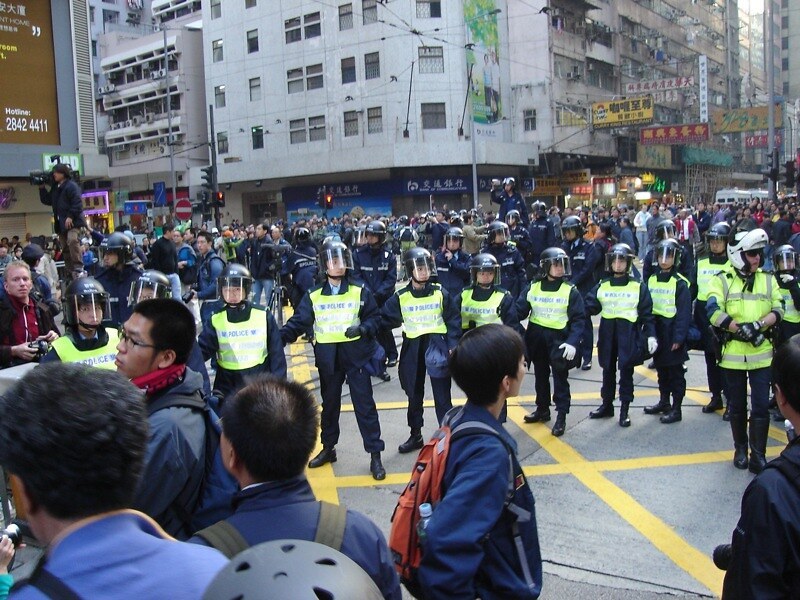
The hope for a greater independence in Hong Kong by pro-democracy supporters is all but lost after the proposed electoral changes was approved last week. The change, according to the officials, was "meant to close legal loopholes that had allowed anti-China forces to impede governance and incite unrest in Hong Kong," wrote a correspondent for The Wall Street Journal.
In his statement to reporters after the Thursday vote, Premier Li Keqiang said that "the decision is very clear-cut." In principle, they see Beijing's patriots holding office in Hong Kong as contributory to the "one country, two systems" framework of the city. Furthermore, Beijing loyalists re-defined the "one country, two systems" as pertaining only to economics, not politics.
Opposition groups in Hong Kong, however, belie this rationale. They see the change as a mere smokescreen to the CCP's end goal for more power by totally stamping out the city's autonomy, including withholding the rights and freedom of citizens to dissent as they see fit.
Now seen as another "Chinese commercial center," Hong Kong was dropped from the Heritage Foundation's annual Index of Economic Freedom, the reason being that while Hong Kong "offers citizens more economic freedom than is available to the average citizen of China . . . developments in recent years have demonstrated unambiguously that those policies are ultimately controlled from Beijing."
Paul Chan Mo-po, Financial Secretary of the HKSAR Government, contends against Hong Kong's exclusion.
"The exclusion of Hong Kong from the index ignores the fact that, under the Basic Law and the "One Country, Two Systems" principle, the HKSAR is a separate customs territory and individual member of international organizations like the WTO and APEC. We have signed free-trade agreements and double-taxation agreements with 20 and 45 economies respectively," he wrote in his op-ed.
Additionally, op-ed contributors for The Christian Post Arielle Del Turco, Assistant Director of the Center for Religious Liberty at Family Research Council and Bob Fu, Founder and President of China Aid, conjectured that the increasing political and religious crackdown in mainland China will "no doubt extend to Hong Kong."
In fact, Turco and Fu's fear had already started. Earlier reports showed that a Hong Kong pastor who supported pro-democracy demonstrators in 2019 found his back account frozen. Two of his church's locations were also raided by the police with the staffs arrested. The poor pastor and his wife were also falsely charged of fraud and money laundering.
Following this incident, Christians in Hong Kong started bracing for persecution from China's communist government.
"We have prepared ourselves," one Hong Kong pastor said in an interview. "Firstly, we know we might be arrested. Secondly, we will turn our churches into small groups, as long as we are not caught."
With all that said, Turco and Fu hope that freedom loving countries "lend practical and meaningful support for democracy" in Hong Kong by imposing "targeted sanctions as provided by the International Religious Freedom Act" as well as "other sanctions for international human rights offenders under the Global Magnitsky Act." They want Beijing to be held accountable for "trampling Hong Kongers' human rights."




























